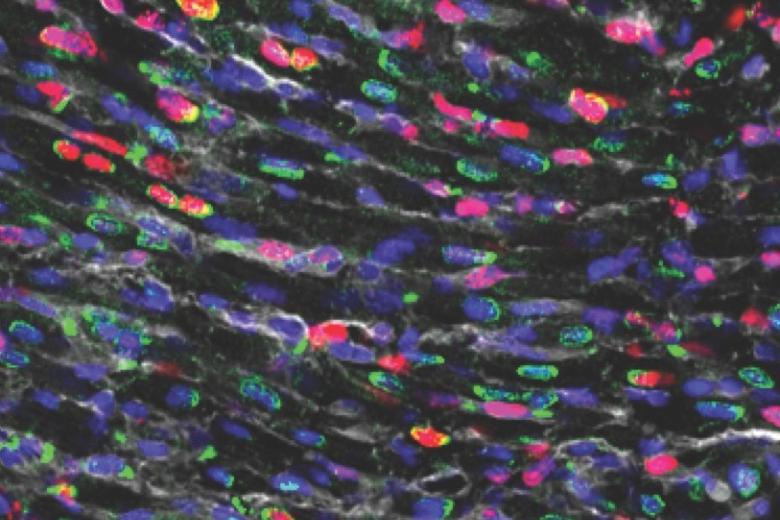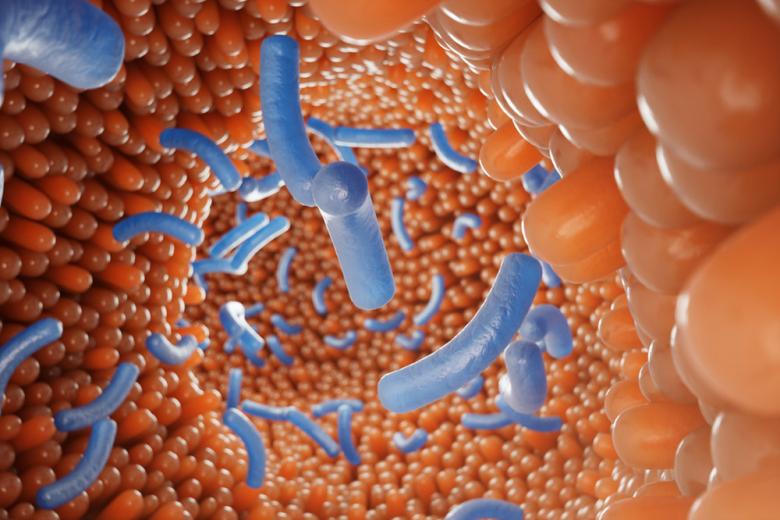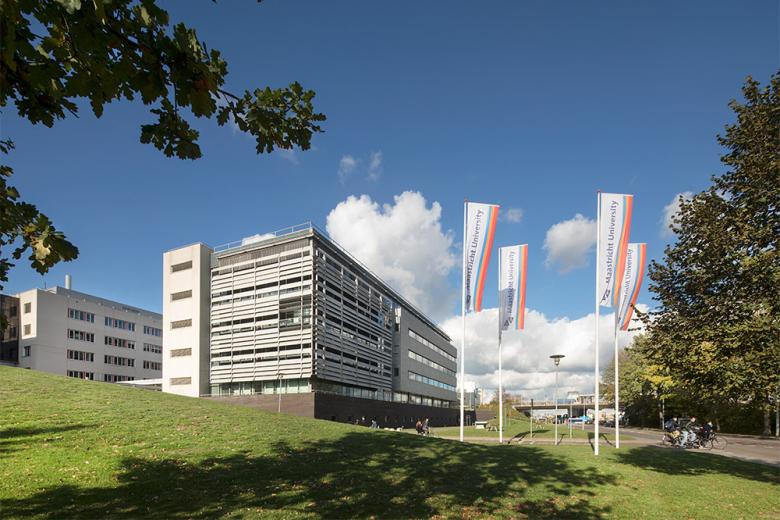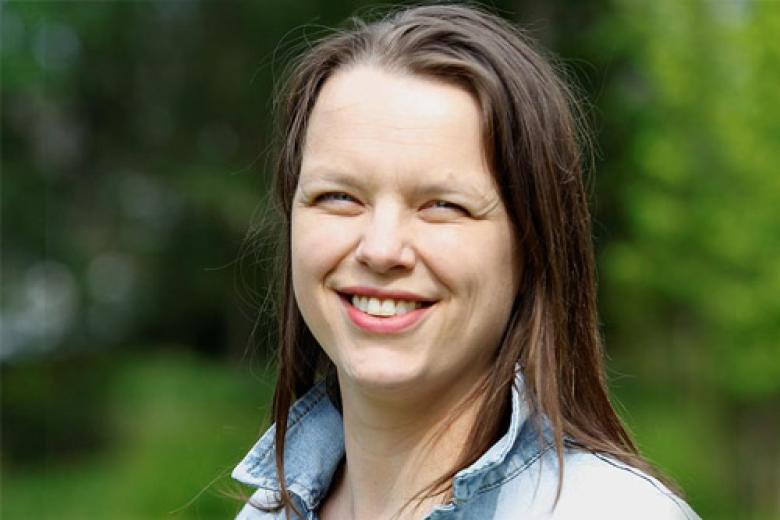Tinkering with microRNAs helps heart cells regenerate
Scientists and cardiologists have known for decades that once a piece of heart muscle has died, for example due to a heart attack, it will never grow back. However, a research group from Maastricht University led by Professor Leon de Windt has now shown that by tinkering with microRNAs, heart muscle...





